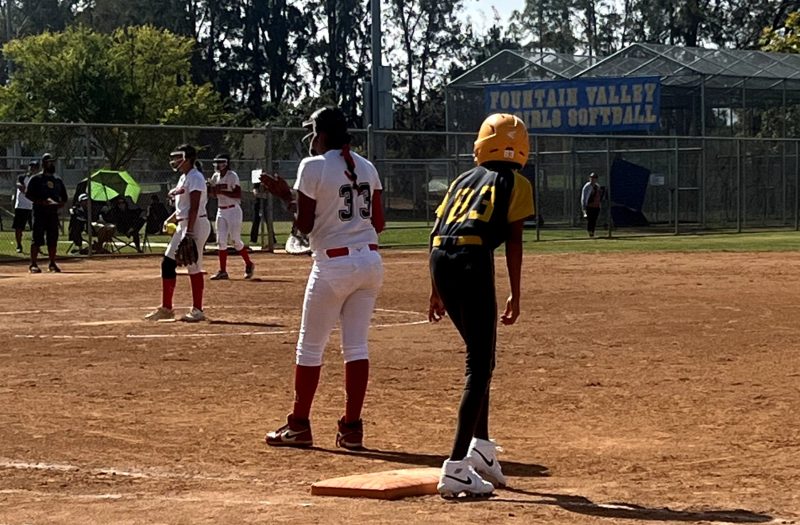Winning In Mindset: Why “What If” Always Beats “If Only”
It's the time of year when many are headed back to school. Training is shifting, thoughts are redirecting, and it's a great opportunity to lean into your "school brain" for some tips on how to work on your mental agility.
In this series of coming articles, we will flex your brain by learning strategies that will help you shift your perspective quickly, change your thinking between different topics more efficiently, and get more comfortable with new information and/or change (also known as mental agility).
If Only v. Only If v. What If. Say What?
Below, I provide an explanation of what each phrase of thinking involves. Be careful spending time in the "if only" and "only if" patterns of thinking. Think about times when you have used each phrase and how it worked out for you.
"If Only" Thinking: Think of a time when you've done something and thought back after it's over, wishing the outcome was different or wishing you had done or said something differently. When you are in an "if only" pattern of thinking, your thoughts are in the past. You desire the state of things to be different than what they are in reality. We all do this.
I've replayed one pitch in my head for 23 years, thinking, "If only I'd gotten that off the plate more, we might have won that game and advanced to the WCWS." Yes. That's how close we were.
The problem with "if only" thinking is that I am wasting time and energy wishing an outcome were different when there is nothing I can do to go back and change the event or outcome. It's in the past and done. For me personally, why am I STILL thinking about one pitch from 23 years ago? How much time have I wasted being upset and frustrated the past 23 years over one single pitch in my entire softball career? Too much. That's how much.
What I've learned is that I don't want to go into the next moment, the next game, the next task, and risk looking back thinking "If only..." That's a regret mindset. I want to tackle my next task with a more offensive approach. Using "if only" thinking puts you in a state where you're continuously wishing for an alternate reality instead of living in the reality of your situation as it is. This makes it difficult to move forward because you're stuck in the past.
"Only If" Thinking. When you use "only if" thinking, you're setting a condition on the event or situation. "Only if" implies you can only do or have something if the other thing is present. I see this often with athletes who have superstitions. For example, if you think you always have to wear your hair a certain way for you to play well, you are thinking with an "only if" mentality. You're attaching your performance to your hairstyle by thinking, "I can only play well if I wear my hair in a bubble braid." Or maybe it's a specific piece of equipment..."I can only hit well if I use the Ghost." You're limiting yourself and attributing your performance to something that really doesn't have much to do with how you play.
One way you can get rid of this type of condition is to say it out loud to yourself or someone else. Say what it is you're actually doing. Using my example, say, "I can only play well today if I wear a bubble braid." Then ask yourself if that makes any sense? I bet you can't even say it out loud without laughing or smiling. It doesn't make any sense, so drop the "only if" thinking and go play well because you've put in the work and know what you're doing. Your hairstyle or type of bat doesn't dictate how well you'll play. You do!
"What If" Thinking: Sometimes, we talk ourselves out of a good performance by thinking about all the bad or negative things that could happen. For example, "What if I strike out? What if I make an error?" This type of thinking happens when we view the performance, task, or event from a threat mentality.
I've shared on threat mentality before, but in short, threat mentality happens when you perceive the event as something that is threatening to you. It could be a threat to your comfort, your social standing, or anything you think could expose a weakness to others (or even to yourself).
Avoid this trap by using "What if?" to think about what will happen if you perform how you want or things happen like you hope they will. For example, instead of "What if I strike out?" try "What if I hit the ball in the gap?" Let yourself get into the thought pattern of "What if I do well? What if I succeed?" Using "what if" thinking in this way opens up your mind to explore options and the potential for good outcomes.
In summary, to help you work on shifting perspectives and mental agility, watch out for "only if" and "if only" mindsets. Work on allowing yourself to think about the "what if" perspective of succeeding. I always ask my clients, would you rather look back after a game and regretfully think, "If only I [insert regret here]" or would you rather start the game thinking, "What if I [insert success here]?"
Dr. Megan Buning is a Certified Mental Performance Consultant (C.M.P.C.) with over a decade of experience training the mental game.



























